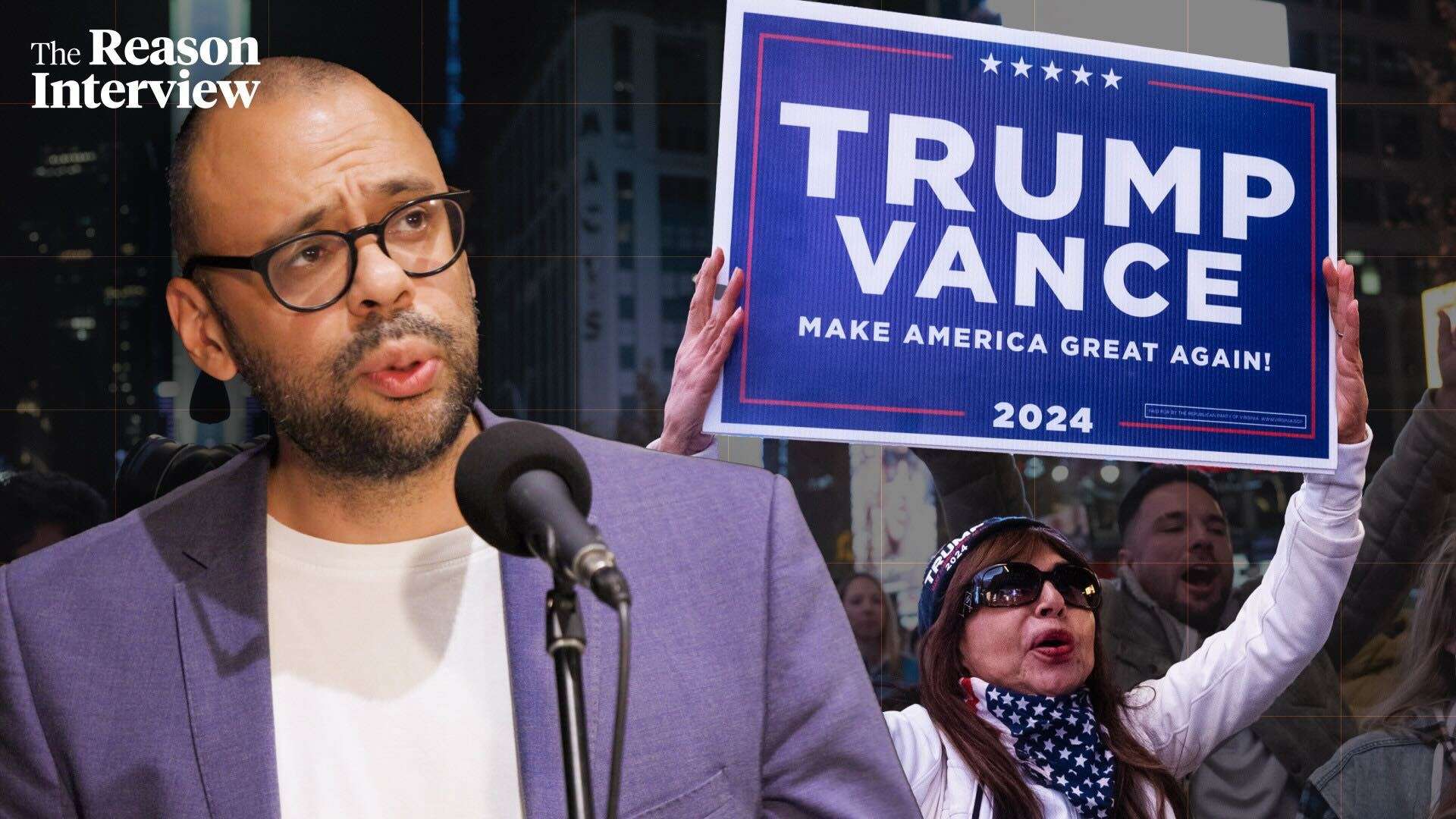Musa al-Gharbi: The Disconnect of Woke Elites
Musa al-Gharbi, a sociologist at Stony Brook University, has recently published a book titled “We Have Never Been Woke: The Cultural Contradictions of a New Elite.” In this work, al-Gharbi critiques a class of individuals he labels “symbolic capitalists,” which includes academics, journalists, and other elite professionals. He argues that these individuals are disconnected from the marginalized communities they profess to represent. By adopting the rhetoric of class solidarity reminiscent of the Occupy Wall Street movement, which framed society in terms of the “99 percent versus the 1 percent,” these progressive elites exploit the very communities they claim to support, all while enjoying a comfortable lifestyle. This disconnection raises questions about authenticity and the true motivations behind the advocacy efforts of these elite figures.
Al-Gharbi discusses the transformation of the college experience due to the rise of “wokeness,” a term often associated with heightened societal awareness of social justice issues. He attempts to define “wokeness” while tracing its evolution through historical contexts, identifying it as part of a larger trend involving multiple “Great Awokenings.” His analysis sees the Occupy Wall Street movement, initially focused on economic disparities, ultimately shifting toward identity politics—a transformation that he believes detracted from its original class-focused motivations. This shift has facilitated the emergence of a cultural elite that often claims to speak for disenfranchised groups while actually reinforcing their own social status and privilege.
Al-Gharbi introduces the concept of “symbolic capitalists,” who he argues maintain the facade of not being part of the elite. Instead of acknowledging their privileged positions, they engage in political discourse that suggests they are fighting alongside the oppressed. This dynamic is particularly evident in elite education, which, according to al-Gharbi, primarily serves to confer elite status rather than provide true empowerment or social mobility. He posits that there is a growing concern regarding “elite overproduction,” where excessive numbers of graduates from elite institutions lead to increased competition for prestige and recognition among the upper echelons of society, generating status anxiety and fostering a culture of discontent even within elite circles.
The sociologist further emphasizes that this elite overproduction coincides with the “Great Awokening,” a phenomenon characterized by escalating identity politics and heightened sensitivity to social issues. Despite appearing to advocate on behalf of marginalized individuals, the elites are often more concerned with their own social status and recognition. Al-Gharbi highlights instances in which figures like George Floyd only gain significance to elites after they achieve a status of symbolic martyrdom. This transient acknowledgment of marginalized experiences, rather than a sustained commitment to change, emphasizes the performative aspect of the elites’ engagement with social justice.
Reflecting on his own background and experiences, al-Gharbi recounts his upbringing in a mixed-race military family in Arizona, his journey from Catholicism to atheism and ultimately to Islam, and the impactful events leading to his public cancellation in 2014, following criticism of U.S. foreign policy that drew backlash from conservative media. He articulates the importance of engaging with conservative viewpoints and dialogues as part of understanding the evolving political landscape. Notably, he addresses the recent shifts among Black and Latino voters, who appear to be gravitating toward former President Donald Trump, a trend that challenges preconceived notions of political alignment based on race or socioeconomic status.
Ultimately, al-Gharbi discusses the implications of improved living standards and their influence on political perspectives. This shift points to a transition in public discourse from materialist concerns toward “post-materialist” frames, where voters are more influenced by cultural and identity issues rather than traditional economic factors. As the landscape of American politics evolves, al-Gharbi’s reflections underscore the complexity of voter motivations and the potential for realignments that challenge existing narratives in the wake of conditions exacerbated by elite contradictions. As he contemplates his own electoral participation in the next presidential election, he provides a critical examination of the dynamics of representation in contemporary society and the responsibilities of those claiming to advocate for the marginalized.
Share this content:












Post Comment